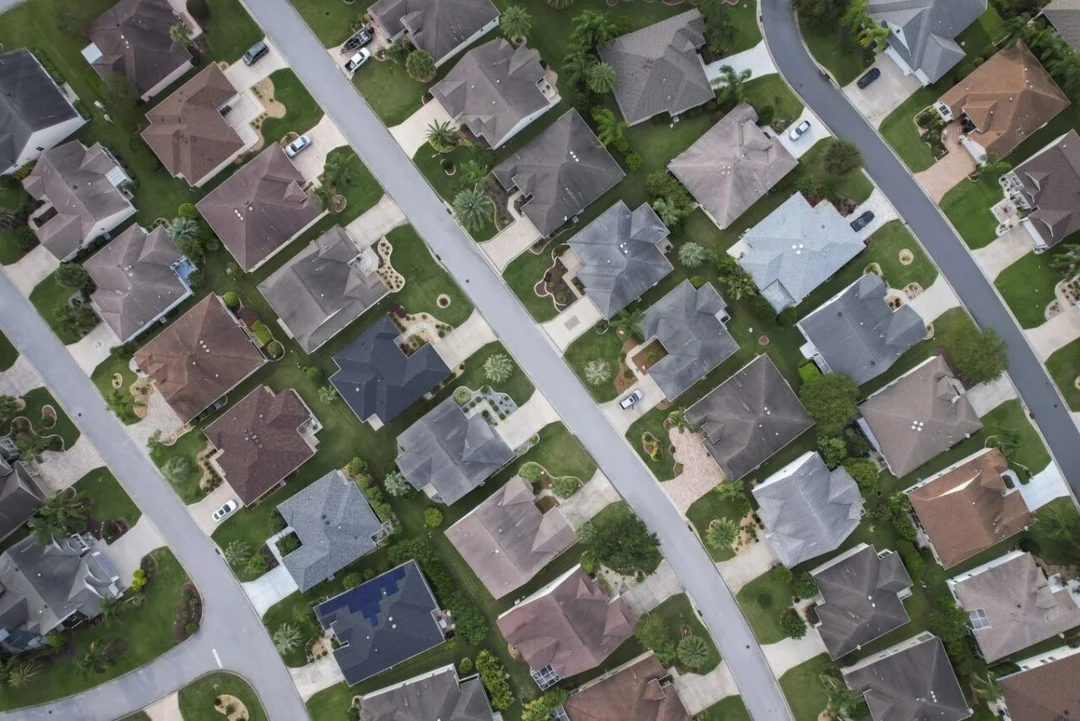
Is Florida’s Housing Dream Turning into a Nightmare?
The housing market in Florida, once a symbol of explosive growth during the pandemic, is now showing signs of a dramatic slowdown. With prices dropping and sales stalling, residents and investors are left wondering if this signals a looming crisis or just a temporary adjustment. This shift is particularly crucial for the Sunshine State, where real estate drives much of the economy, affecting everything from local jobs to migration patterns.
Recent data paints a concerning picture across Florida, especially in areas like Tampa Bay, where home sales have plummeted. According to Homes.com, the number of homes sold in the Tampa Bay metro area dropped by about 20% since 2022, with counties hit by hurricanes like Hillsborough and Pinellas seeing even steeper declines of 8% and 13% respectively. Homes are lingering on the market for 70 to 85 days, a stark contrast to the pandemic era when properties flew off the shelves in just 40-50 days. Experts attribute this to a surge in inventory and waning buyer interest, fueled by higher mortgage rates and economic uncertainty.
Michael Wyckoff, managing broker at Engel & Völkers Madeira Beach, notes that buyers grew accustomed to quick profits during the boom, but 'that's slowing down.' Michelle Rumore from CoStar Group adds that Florida's unique situation—marked by a post-COVID migration slowdown—has amplified the 'rubber band effect,' where demand can't keep up with supply. Lei Wedge, a finance professor at the University of South Florida, highlights additional factors like rising insurance costs, which are deterring potential buyers despite slight price drops. The median home price in Tampa Bay has fallen to around $365,000, a 3% decrease from last year and 5% from its June 2024 peak.
Comparisons with national trends reveal Florida's outsized role in the cooling market. Realtor.com analysis shows that seven of the top 10 U.S. markets with the most price reductions are in Florida, including North Port, Tampa, and Cape Coral, where up to 30% of listings have been slashed. This trend extends to the Sun Belt region, with Phoenix leading nationally at 31% price cuts. Unlike the 2008 financial crisis, which saw drastic price collapses, experts like Wedge describe this as a 'slow correction' due to an oversupply from builders who ramped up during the hot market. The good news? Buyers now have more leverage, with sellers offering concessions like covering closing costs.
Overall, this slowdown doesn't necessarily herald a full-blown crash, as Wyckoff points out that current 7% mortgage rates are historically average. Instead, it's a market rebalancing that could benefit first-time buyers if conditions stabilize. Florida's housing woes underscore broader economic shifts, from post-pandemic adjustments to environmental challenges like hurricanes, which have exacerbated the situation in vulnerable areas.
In summary, Florida's housing market is undergoing a necessary correction that may pave the way for a more sustainable future, but it raises questions about long-term affordability and growth. What do you think—will this trend continue, or is a rebound on the horizon? We invite readers to share their experiences in the comments below and discuss how this impacts your community.